
News about Science
Viser 2521 til 2544 af 3179 dokumenter.


Joint field work activities in Accra

Four young scientists at the Niels Bohr Institute receive Villum Young Investigator grants

Congratulations to Mads Bruun Poulsen
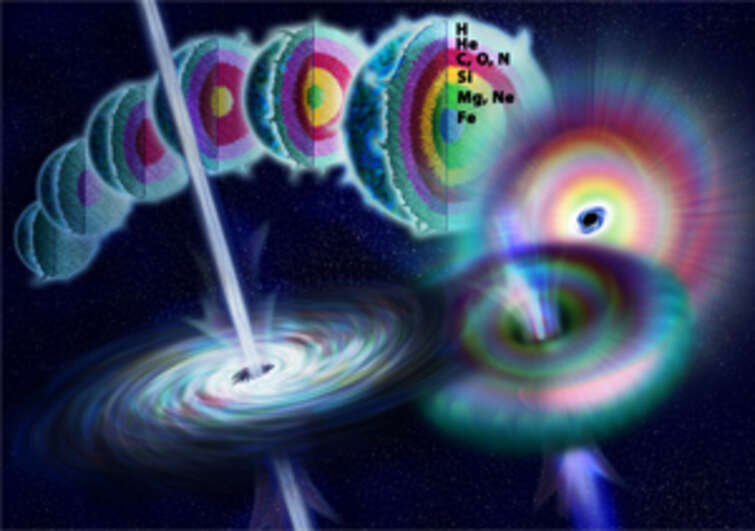
Catching a glimpse of the gamma-ray burst engine
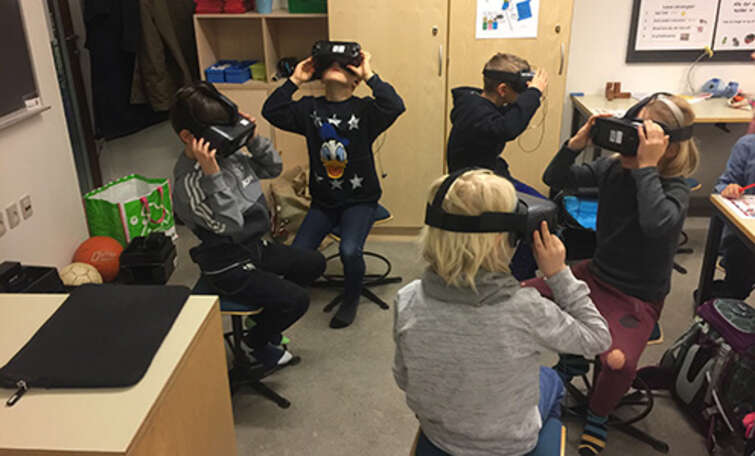
In VR boys learn best when the teacher is a drone – girls learn better from virtual Marie

Christian Terkelsen Holme

Emilie Capron receives international Early-Career Scientist Award

Andreas Barg

Department of Computer Science main driver of two new STEM educations

Linking to the VEWEC project

Congratulations to Nicholas Rathmann

CLIMACCESS News coverage

Congratulations to Diana Vladimirova
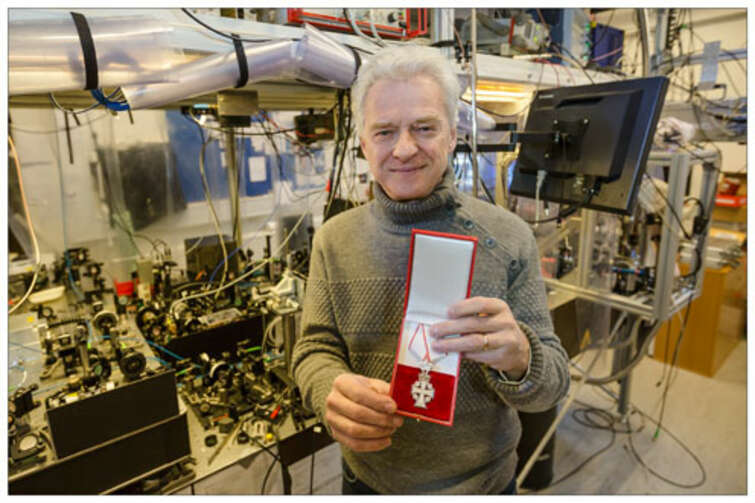
Eugene Polzik appointed Knight of the Dannebrog
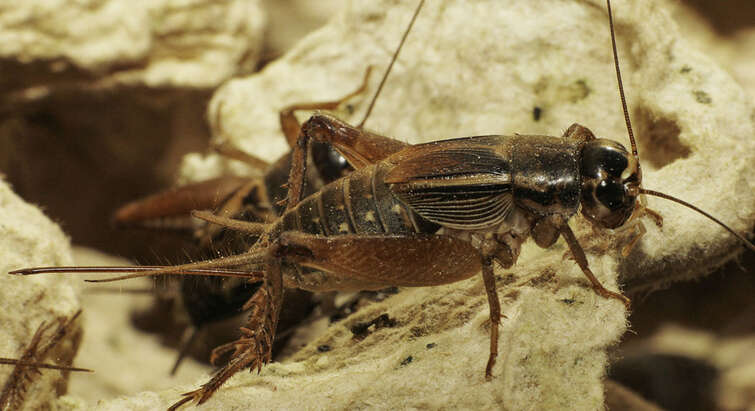
New edible cricket species discovered in Kenya

Helle Gormsen
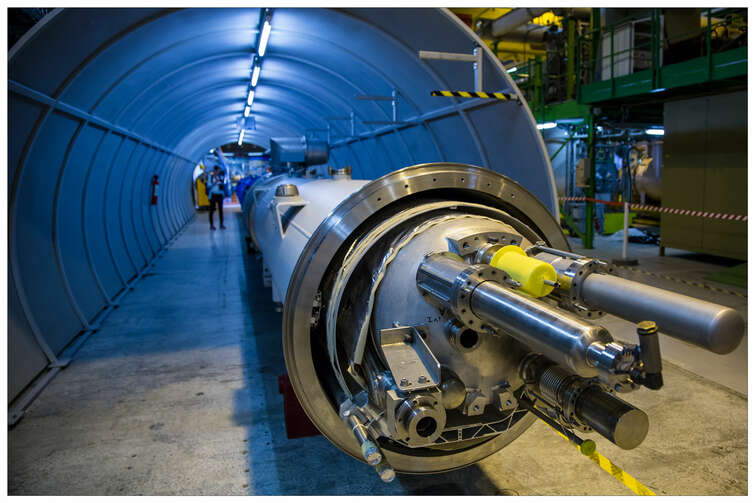
DKK 22 million project intensifies the hunt for the fundamental building blocks of the Universe at CERN

Congratulations to Johannes Lohmann

Laís Ozelin de Lima Pimentel

Abraham Pais Prize awarded to Helge Kragh

CLIMACCESS workshop at CSIR-INSTI

Caroline M. Nielsen

